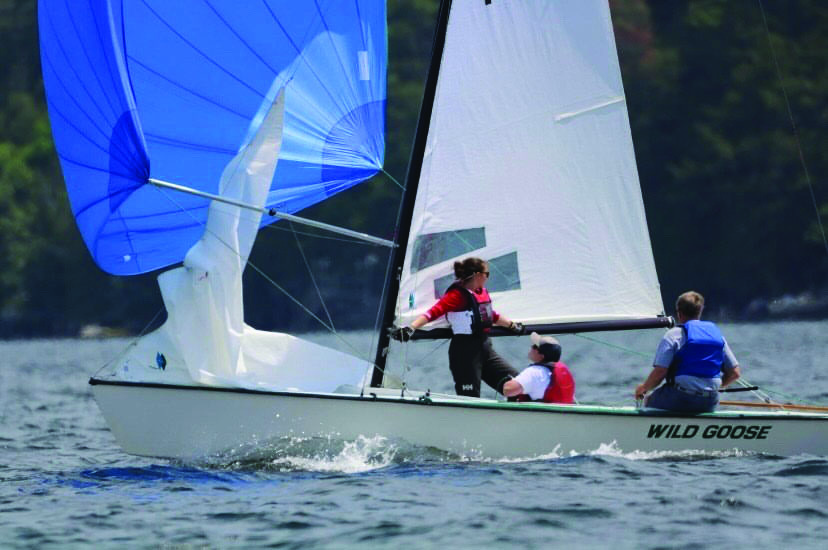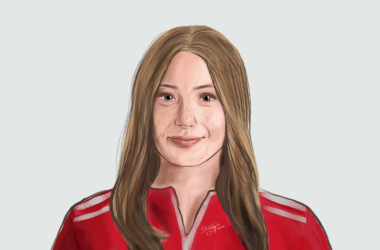As the new captain of McGill’s sailing team and a qualifier for the 2022 Lightning World Championships, Emma Hawko has found remarkable success in both collegiate and club sailing. In 2021, at only 21 years old, she was named the Canadian Intercollegiate Sailing Association female crew of the year. Since she began sailing 12 years ago, Hawko has used a large variety of sailboat classes like Lightning, Etchells, and Laser. She started at McGill three years ago and has excelled both on the water and in class, where she studies international development.
Sailors form teams with their crews for a multi-person boat but work as a single unit toward a spot on the podium. Although usually boats from the same clubs or countries do not form a team, collegiate regattas differ in that a team has multiple boats sailing, instead of just the one. In an interview with The McGill Tribune, Hawko detailed the differences between her time sailing with her club, Lake Champlain Yacht Club, and with the McGill sailing team.
“The biggest difference is that in McGill’s team it’s very much as a team,” Hawko said. “You send two boats of people to a regatta and you have to work as a team to do well, whereas the rest of my sailing, it’s more of an individual [effort].”
Collegiate sailing provides the unique opportunity to step away from the familiar functioning of national and international regattas and embrace new team-based dynamics. Reflecting on these differences, Hawko revealed that she did not have a favourite between the two.
“I like them both,” she said fondly. “They’re both good challenges and good learning opportunities.”
Another marked difference between club sailing and collegiate sailing is the presence of women, nonbinary, and genderqueer people. Hawko has noticed this discrepancy both in her time at the local club and while working toward qualifying for the World Championships.
“[It is] a little bit jarring, thinking, ‘huh, there are only five other women here,’” Hawko said. “Most of the people I interacted with were men at [the] North American [Championships].”
Though this paints a bleak picture of sailing as a male-dominated sport, Hawko insists that this is no longer the case.
“I think it’s getting better, especially with collegiate sailing and Title IX,” she said. “There are no mens-only teams, but there are women-only teams. You’re not allowed to have a team that is designated as men only.”
Title IX stipulates that collegiate teams are representative of their student populations and increases opportunities for women in sports where they previously were limited.
McGill’s team is unique in its composition, with women actually outnumbering men.
“On the McGill team two-thirds of our team are women, it’s pretty awesome,” said Hawko. “It’s not a common thing for a team to have mostly women, so we’re pretty proud of it too.”
As the sport moves toward a more inclusive future, the McGill sailing team finds itself in a unique position to break the mold of traditional sailing culture.
Hawko is not anticipating ending her sailing career anytime soon. She hinted at the future possibility of working with either U.S. Sailing or Sail Canada, but for now, she has her sights set on Lightning Worlds.
“As long as I am able to keep sailing at a fairly competitive level, I am going to be pretty happy wherever I end up,” Hawko said.
Hawko will be competing at the Lightning Worlds in May and intends to train as hard as she can to earn a high standing.








